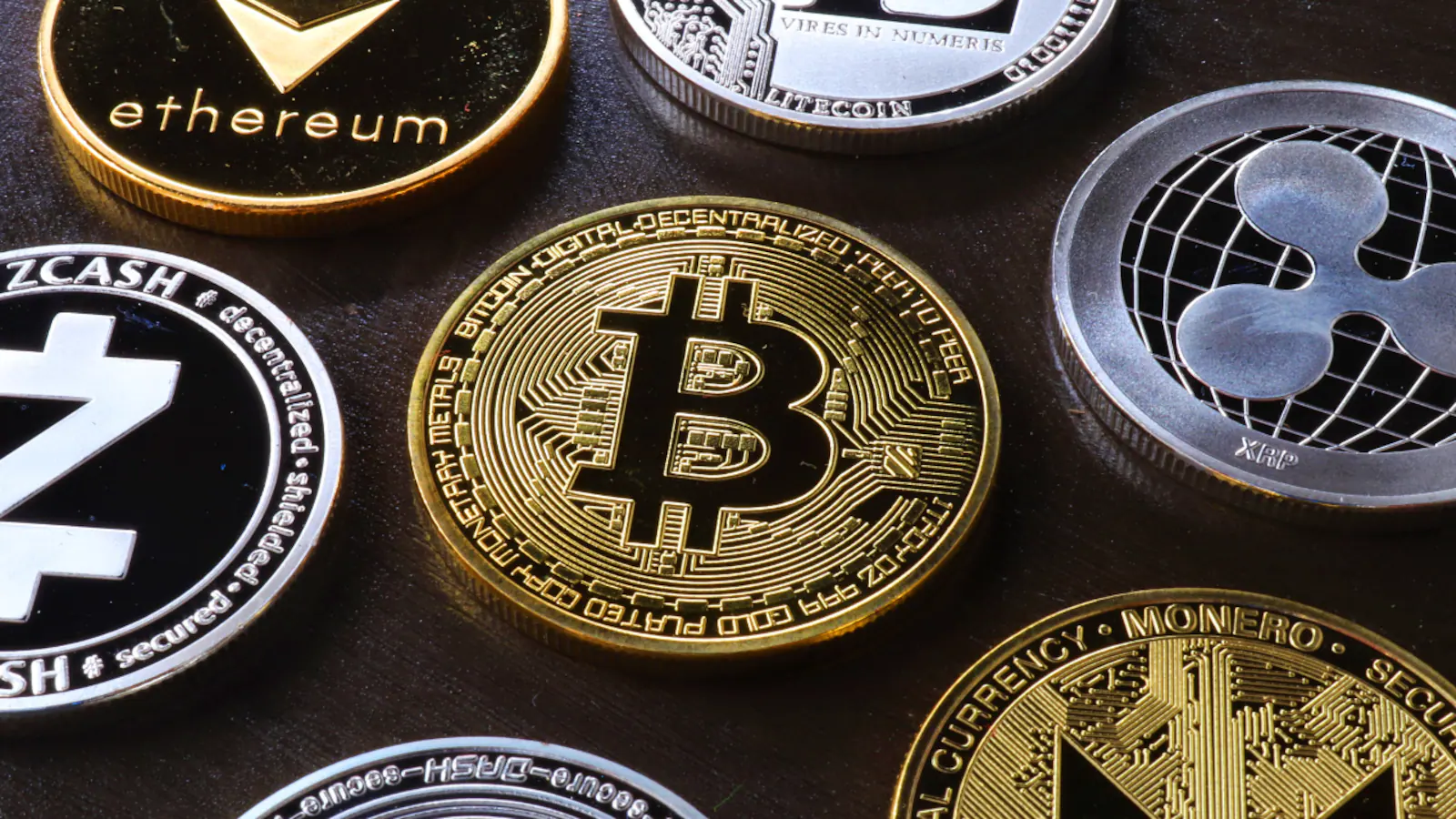What is cryptocurrency?
Cryptocurrency is a revolutionary digital payment system that has completely changed the way we exchange money. Unlike traditional methods that require banks to verify transactions, cryptocurrency is a peer-to-peer system that enables seamless transactions between individuals without the need for intermediaries. Using advanced coding techniques, cryptocurrency transactions are secured and stored in digital wallets. The first cryptocurrency, Bitcoin, was founded in 2009 and has become widely known around the world. Although the primary interest in cryptocurrencies is to trade for profit, the true value of cryptocurrency lies in the security, safety, and convenience it provides to users.
How does cryptocurrency work?
Blockchain, a decentralised public ledger on which all cryptocurrency transactions are recorded and kept up-to-date, powers cryptocurrencies.
Mining is the process of leveraging computing power to solve complex mathematical problems in order to generate cryptocurrency units. Users can purchase the currencies from exchanges and then store and use them in digital wallets protected by cryptographic protocols.
Owning cryptocurrency gives you no real-world benefits. You have possession of a key that enables the transfer of a record or a unit of measurement from one individual to another without the need for a trusted third party.
Bitcoin has been around since 2009, but blockchain technology and other cryptocurrencies are still in their early stages of development, with many more applications anticipated in the future. Bonds, stocks, and other financial assets may one day be traded using this technology.

How to store cryptocurrency
Once you’ve made the decision to invest in cryptocurrency, it’s important to think about how you will store it. The last thing you want is to fall victim to a hack or theft, which is why it’s crucial to keep it safe in a secure wallet. Crypto wallets, whether physical devices or online software, provide that protection by safeguarding your private keys. Although some exchanges may offer wallet services, not all do, leaving you to choose from a variety of wallet providers. It’s important to understand the difference between hot wallets – those using online software – and cold wallets – offline electronic devices – when picking a wallet provider. While cold wallets may have fees associated with them, they provide an extra level of security for your investment. Regardless of which wallet provider you choose, make sure your cryptocurrency is protected.
What can you buy with cryptocurrency?
Bitcoin was designed from the start to be used as a medium of everyday transactions, allowing users to purchase anything from a cup of coffee to a computer, or even large-ticket things like real estate. That hasn’t exactly happened, and while more and more institutions are beginning to embrace cryptocurrency, huge transactions are still unusual. However, you may still use cryptocurrency to buy a huge selection of items from online retailers. Here are a few illustrations:
Online shopping and technology: Sites like newegg.com, AT&T, and Microsoft, which offer electronic goods, all accept cryptocurrency payments. Overstock, an online retailer, was an early adopter of the cryptocurrency Bitcoin. You may use it at places like Shopify, Rakuten, and Home Depot.
Expense items: There are high-end stores that now accept cryptocurrency as payment. Bitdials, an online watch shop, accepts Bitcoin as payment for high-end brands like Rolex and Patek Philippe.
Cars: There are already mainstream and luxury auto dealerships that accept cryptocurrencies as payment.
Insurance: Swiss insurer AXA stated in April 2021 that it will accept Bitcoin as payment for all of its insurance products excluding life insurance (because to regulatory difficulties). Premier Shield Insurance, a US-based provider of house and car insurance, accepts Bitcoin as payment for policy premiums.
You can use a bitcoin debit card, issued by companies like BitPay in the United States, to spend cryptocurrency at any store that doesn’t take it directly.

Is cryptocurrency safe?
Blockchain is the underlying technology behind most cryptocurrencies. Transactions are kept in “blocks” and time stamped in a blockchain. The upshot of this somewhat involved technological procedure is a digital ledger of cryptocurrency transactions that is difficult for hackers to alter. Two-factor authentication is also required for all financial dealings. A login and password, for instance, can be required to initiate a financial transaction. Then, a one-time authentication code might be texted to your phone.
Cryptocurrencies may have safeguards in place, but it doesn’t make them hack-proof. Cryptocurrency startups have suffered significant losses due to a series of high-dollar thefts. Two of the largest cryptocurrency attacks in 2018 occurred when hackers stole a total of $534 million from Coincheck and $195 million from BitGrail. Unlike fiat currency, the value of cryptocurrency is determined solely by market forces. This can cause extreme fluctuations, resulting in either large gains or losses for investors. In addition, bitcoin investments have much less safeguard from government agencies than do investments in stocks, bonds, or mutual funds.

















Leave a Reply